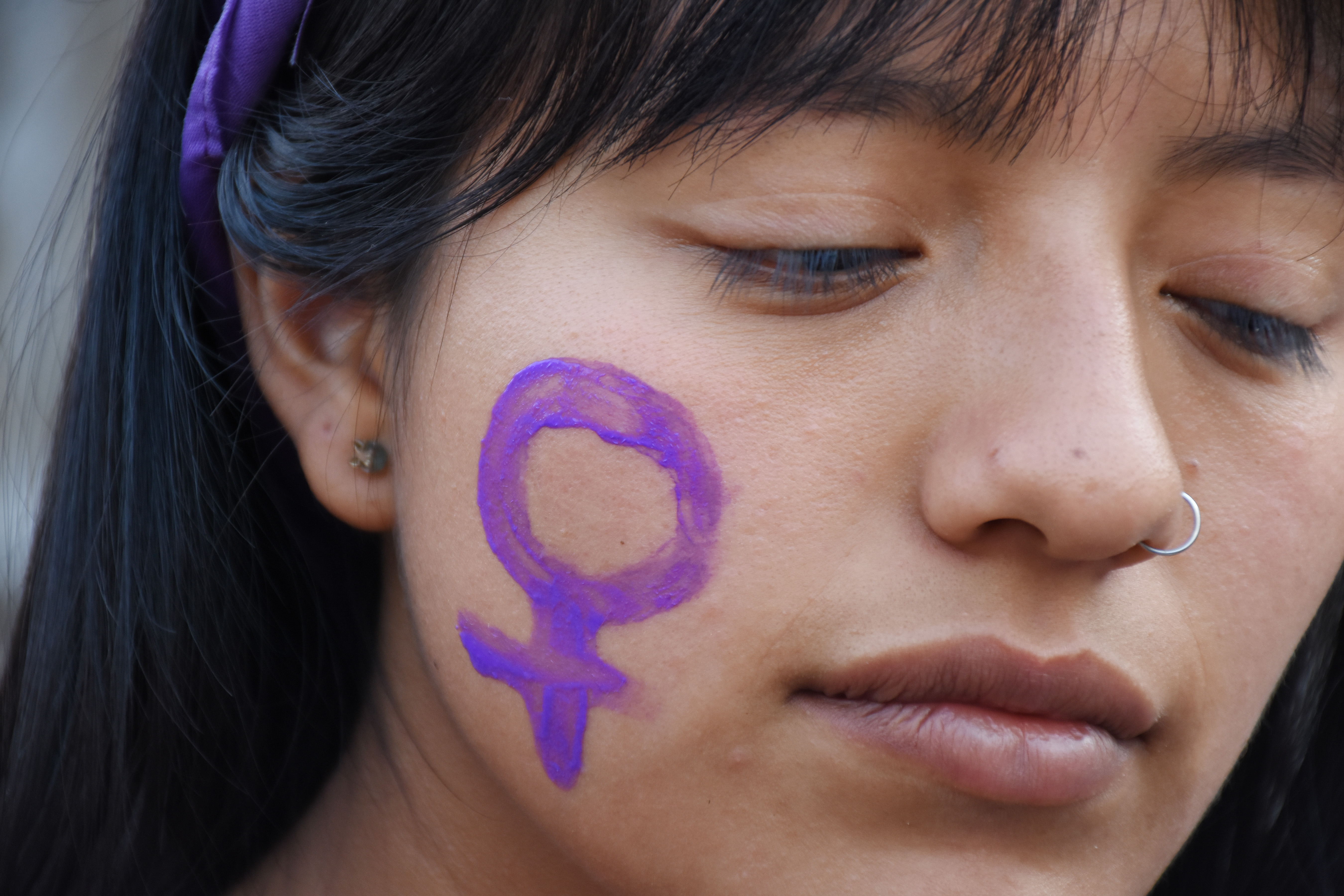If you’re offended by Gillette’s toxic masculinity advert then you’re part of the problem
Seriously, why are we fighting against progress?


Celebrity news, beauty, fashion advice, and fascinating features, delivered straight to your inbox!
You are now subscribed
Your newsletter sign-up was successful
Seriously, why are we fighting against progress?
Men’s grooming brand Gillette released a video today, in minutes becoming the most divisive razor advert of all time.
Tuning in on my commute this morning, I braced myself for the usual visuals - slow motion shots of stubble followed by sexualised size 0 women dancing around clean-shaven male customers. To their credit, Gillette proved me wrong.
The short video didn’t even mention razors, or grooming for that matter. Instead, it focused its attention on toxic masculinity, asking men to do and be better, and changing its famous slogan from ‘the best a man can get’ to ‘the best men can be’.
Yes, this is not a drill. The world’s leading men’s grooming brand has gone woke and is trying to redefine what it means to be a man, dispelling outdated stereotypes and prompting us all to have important conversations on harassment and bullying - conversations that we should have had a long time ago.
It's brilliant.
‘Is this the best a man can get?,’ the advert begins, a play on their own outdated advertising. ‘Is it?
Celebrity news, beauty, fashion advice, and fascinating features, delivered straight to your inbox!
‘We can’t hide from it, it’s been going on far too long. We can’t laugh it off, making the same old excuses,’ a voiceover reads alongside news footage of the #MeToo movement and scenes of harassment. ‘But something finally changed and there will be no going back.
‘Because we believe in the best in men to say the right thing, to act the right way. Some already are, in ways big and small. But some is not enough, because the boys watching today will be the men of tomorrow.’
I sat back from this advert in awe, before hitting replay. A male-based brand calling on its customers to challenge societal pressures, and most importantly, challenge other men on everyday behaviours of toxic masculinity. Thank the lord.
Then I saw the responses. 'Man hating', 'radicalised feminism' and 'repulsive' were just some of the terms used, with Piers Morgan even accusing Gillette of encouraging men to 'cut off their testicles with their razors'.
Well if we wanted an example of toxic masculinity, there it is - bullying people and subordinating women, suggesting that by standing up for them you are castrating yourself.
It is not acceptable to defend toxic behaviour with this ’Boys will be boys’ mentality. Being a man shouldn’t mean abusing your power and men should be stepping up and standing up to everyone from their colleagues and family members to strangers on the street when behaviour is unacceptable.
It is of course unsurprising that there has been backlash. Progress is rarely made without people fighting against it, and a lot of viewers have sworn off Gillette razors 'for life' for their supposed ‘man-hating message.’
To these people I say, you’re not listening to what the advert is telling you.
This advert is not hating on men. It is hating on the deeply engrained societal pressures of what it is to be a man. This advert is rooting for men. It is saying that as a society we need to change and it is challenging men to change their behaviours and challenge those around them.
If we want to achieve gender equality, this is how. We have to challenge everyday behaviours in order to overturn the whole system.
Toxic masculinity is a thing. That’s a fact. I know this because I experience it every day, as does every woman around me. So to the people arguing that toxic masculinity is nothing but a millennial buzz word invented by radical feminists, you have already lost your credibility.
Of course the Piers Morgans of the world have taken offence. It is because of toxic masculinity that those same people came to power in the first place.
Watch the video again. Look for the message.
We need to stop using our gender to excuse behaviours. We need to stop the abuse of power. If you see harassment, challenge it. But most importantly we all need to work together to make this change.

Jenny Proudfoot is an award-winning journalist, specialising in lifestyle, culture, entertainment, international development and politics. After working at Marie Claire UK for seven years - rising from intern to Features Editor - she is now a freelance contributor to the News and Features section.
In 2021, Jenny was named as a winner on the PPA's '30 under 30' list, and was also listed as a rising star in journalism.